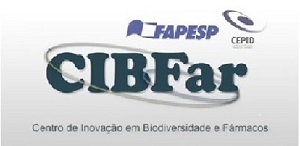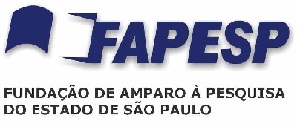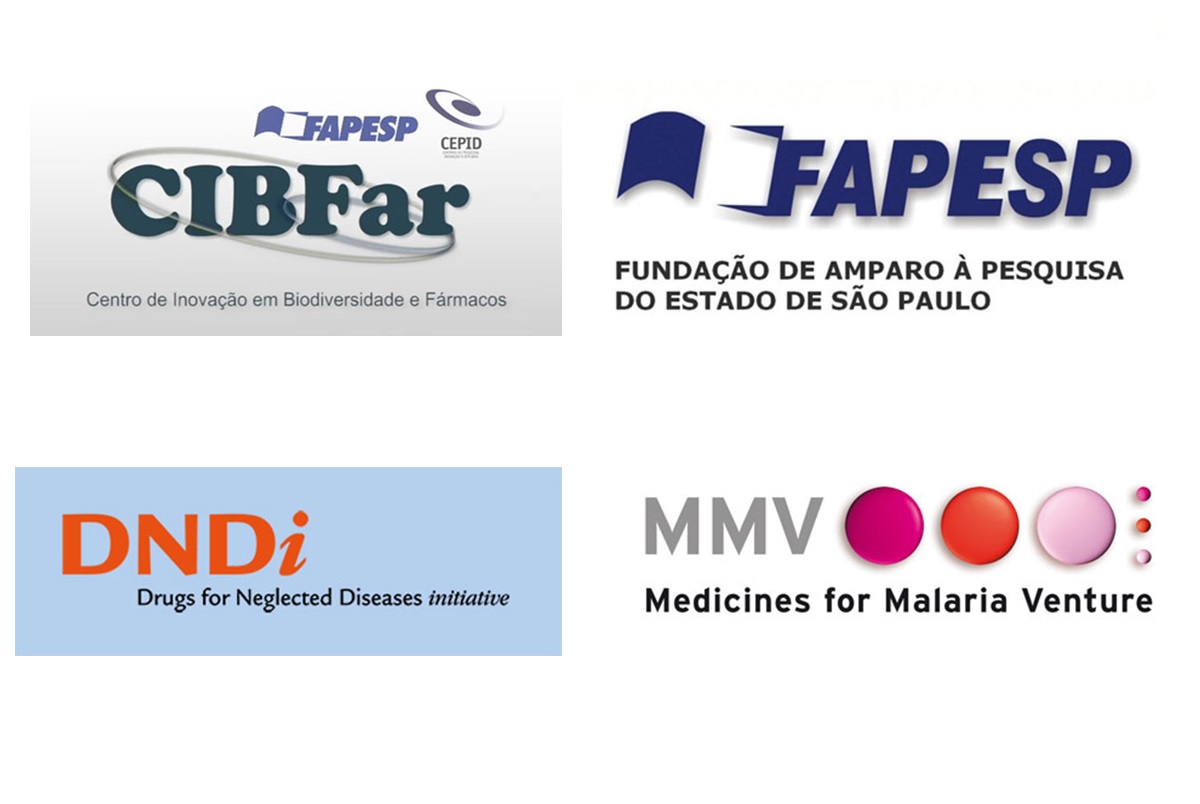By Assessoria de Comunicação IFSC/USP • November 28, 2019
 An international consortium focused on the development of new drugs for neglected diseases and malaria is being formed by FAPESP, in partnership with USP and Unicamp, and the and nonprofit organizations Drugs for Neglected Diseases Initiative (DNDi) and Medicines for Malaria Venture ( MMV).
An international consortium focused on the development of new drugs for neglected diseases and malaria is being formed by FAPESP, in partnership with USP and Unicamp, and the and nonprofit organizations Drugs for Neglected Diseases Initiative (DNDi) and Medicines for Malaria Venture ( MMV).
The overall objective of the consortium is to identify preclinical candidates who are likely to become new compounds for the treatment of visceral leishmaniasis, Chagas disease and malaria.
Supported by FAPESP’s Partnership for Technological Innovation Research Support Program (PITE), this partnership involves the intense work done by the Center for Research and Innovation in Biodiversity and Drug Discovery (CIBFar), a FAPESP CEPID based in our Institute, an initiative that brings together collaborative research projects, involving the Laboratory of Medicinal and Computational Chemistry (LQMC) and the Laboratory of Molecular Biophysics (IFSC / USP), the Nucleus of Bioassays, Biosynthesis and Ecophysiology of Natural Products (NUBBE / IQ-UNESP) , the Organic Synthesis Laboratories (IQ / UNICAMP), the Natural Products and Organic Synthesis Laboratories (DQ / UFSCar) and the Natural Products Laboratory (FCFRP / USP). With this partnership, which will have more research resources, CIBFar will be able to hire more postdocs in the future and purchase more consumables, all in order to carry on all the work done so far by the research groups led by Profs. Glaucius Oliva, Adriano Andricopulo and Rafael Guido.
 This international consortium will have a global investment of R$ 43.5 million, for a period of five years, and FAPESP will contribute R$ 7.8 million. Another R$ 12.8 million will be invested by DNDi and MMV. Unicamp and USP will contribute R$ 22.9 million, particularly in research infrastructure and personnel costs. The agreement will be signed on the 28th of this month, at FAPESP headquarters.
This international consortium will have a global investment of R$ 43.5 million, for a period of five years, and FAPESP will contribute R$ 7.8 million. Another R$ 12.8 million will be invested by DNDi and MMV. Unicamp and USP will contribute R$ 22.9 million, particularly in research infrastructure and personnel costs. The agreement will be signed on the 28th of this month, at FAPESP headquarters.
In a project undertaken in partnership with MMV, the focus will be on identifying a new malaria molecule that can quickly kill the parasite, preventing the development of drug resistance. Ideally, the new molecule should have potential single-dose chemoprotection, which would help eliminate malaria in countries such as Brazil and eventually worldwide.
 Already in the project with DNDi the goal is to deliver a compound for the treatment of Chagas disease and leishmaniasis ready for clinical development. This seeks to follow the target product profiles developed by DNDi and its partners to ensure the delivery of a compound that meets the needs of patients.
Already in the project with DNDi the goal is to deliver a compound for the treatment of Chagas disease and leishmaniasis ready for clinical development. This seeks to follow the target product profiles developed by DNDi and its partners to ensure the delivery of a compound that meets the needs of patients.
“The collaboration of Unicamp and USP with MMV and DNDi, while bringing to São Paulo the challenge of finding molecules that are good clinical candidates in the fight against neglected diseases and malaria, also opens access to the collection of partner organizations and their experience in analyzing such molecules. Thus, it unites research on the frontier of knowledge and connected to applications of enormous social relevance with training of researchers, important objectives for the State of São Paulo”, said Carlos Henrique de Brito Cruz, FAPESP’s scientific director.
Neglected diseases and malaria affect billions of people around the world, especially in areas of extreme vulnerability. The few drugs available to treat them are expensive, have little efficacy or have undesirable side effects. The idea of the project is therefore to stimulate the development of capacities for the research of new drugs in Brazil through the exchange of best knowledge practices.
 “MMV is committed to discovering drugs that will enable endemic malaria countries, such as Brazil, to eliminate the disease from within its borders and support global eradication”, said Timothy Wells, its scientific director. “We are delighted to be able to draw on the expertise of Brazilian scientists at Unicamp and USP and combine them with MMV’s malaria expertise to develop antimalarial drugs for the population of Brazil and other countries”.
“MMV is committed to discovering drugs that will enable endemic malaria countries, such as Brazil, to eliminate the disease from within its borders and support global eradication”, said Timothy Wells, its scientific director. “We are delighted to be able to draw on the expertise of Brazilian scientists at Unicamp and USP and combine them with MMV’s malaria expertise to develop antimalarial drugs for the population of Brazil and other countries”.
“The great advantage of this consortium is the creation of an international, multidisciplinary, self-sustaining network based on the needs of the populations of endemic countries. It’s a joint effort for the same purpose: to get safe and effective treatments for Chagas disease, leishmaniasis and malaria”,explained Jadel Müller Kratz, DNDi Research & Development manager.
The partnership will also support the training of future generations of neglected disease treatment specialists at Unicamp and USP, while bringing new job opportunities and infrastructure investments at these institutions.
Luiz Carlos Dias, professor at the Unicamp Chemistry Institute, is responsible for the overall coordination of the project. “The consortium will cross international borders and lead to the consolidation of a global partnership model that contributes to innovation, the advancement of knowledge in the discovery of new drugs for tropical parasitic diseases, the acceleration of research schedules and the sharing of data”, said.
(With information from FAPESP Agency)
By Assessoria de Comunicação – IFSC / USP
Link to original article: http://www.saocarlos.usp.br/combate-as-doencas-negligenciadas-e-malaria/





